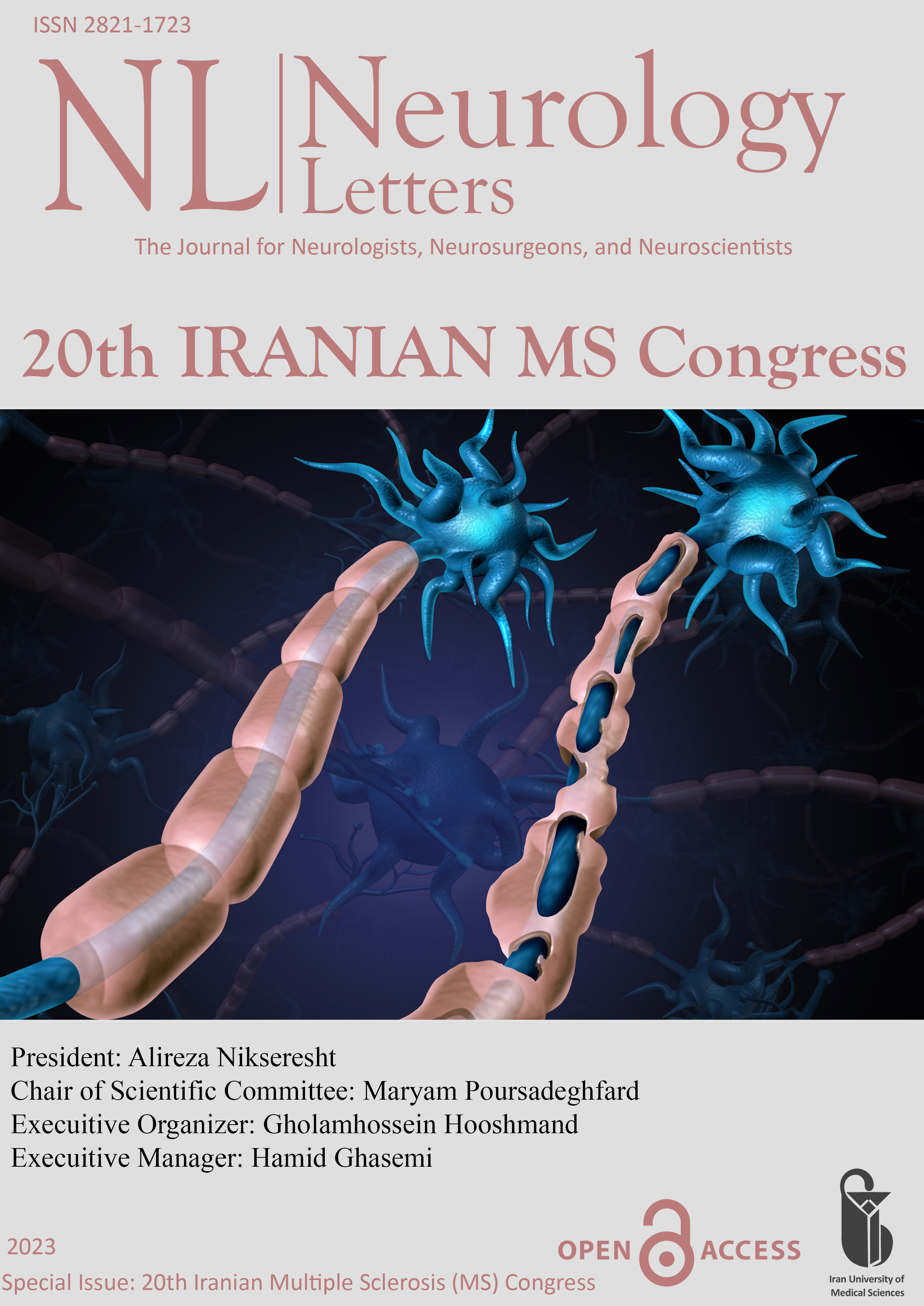Treatment escalation vs early high efficacy treatment in multiple sclerosis (cons and pros) (ORP-45)
Document Type : Oral Presentation
Author
Faculty of Medicine, Mazandaran University of Medical Sciences, Sari, Iran
Abstract
Early highly active treatment (HAT) vs. escalation treatment (ET) in multiple sclerosis (MS) is a topic of debate and research in the field of neurology. MS is a chronic inflammatory disease of the central nervous system that causes demyelination, axonal damage, and neurodegeneration. The goal of treatment is to reduce the frequency and severity of relapses, prevent or delay disability progression, and preserve brain tissue and function.
HAT is an approach that uses the most effective disease-modifying therapies (DMTs) as first-line treatment for patients with high disease activity or aggressive MS, while ET is an approach that starts with less potent DMTs and escalates to more potent ones if the disease progresses. HAT aims to prevent or delay irreversible disability and brain atrophy by reducing inflammation and relapses, while ET may expose patients to prolonged periods of suboptimal treatment and worsening disease. HAT may also have advantages in terms of cost-effectiveness, quality of life, and patient satisfaction.
However, HAT is not without challenges and limitations. HAT may have higher risks and side effects than ET, such as infections, malignancies, or infusion reactions. HAT may also face barriers and uncertainties regarding availability, accessibility, affordability, patient preferences, and long-term data. Moreover, there is no clear consensus on the definition and criteria of high disease activity or aggressive MS, nor the optimal choice and duration of DMTs for HAT.
Therefore, more research and evidence are needed to compare the efficacy and safety of HAT versus ET in MS and to identify the best candidates and strategies for HAT. Several ongoing clinical trials and observational studies are addressing these questions, such as the DELIVER-MS, TREAT-MS, and OPTIMISE-MS trials. These studies will provide valuable insights and guidance for clinicians and patients to make informed decisions about the optimal treatment approach for MS.
Keywords
 Neurology Letters
Neurology Letters
